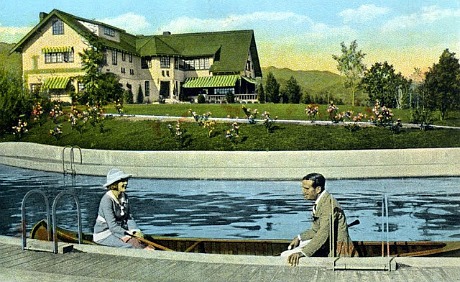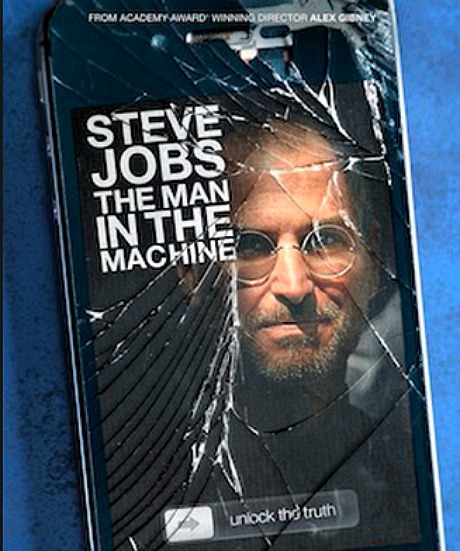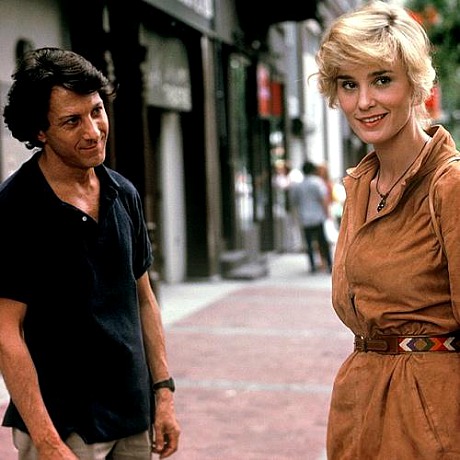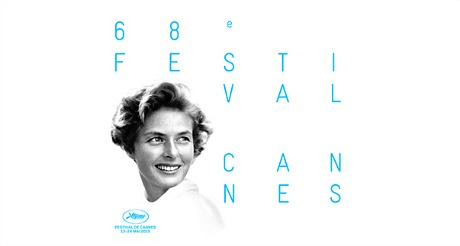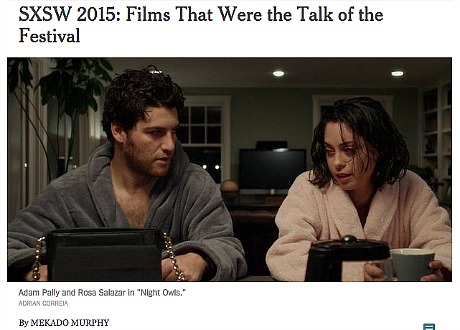Sometime during tonight’s Academy board of governors meeting a small cabal of old-fart conservatives will reportedly push for a return to only five Best Picture nominees, and it’s possible, I’m hearing, that this change might be adopted. (Last Thursday Variety‘s Tim Gray reported that “a faction will propose a return to five best-picture contenders and will push for an immediate vote,” even though “the topic is not on the agenda.”) This would be a titanically stupid decision, of course, as fewer Best Picture nominees would obviously mean a less diverse, less inclusive Best Picture tally. Presumably a portion of the 51 governors have sniffed the air over the last five or six years and realized that the culture wants more people and styles and viewpoints participating in the conversation, not fewer. Something tells me that Academy members who want to go “back to five” have limited their sniffing to the air in their own living rooms and kitchens.
Yes, it would seem more prestigious for a Best Picture nominee to be one of five films rather than eight or ten, but going back to five holds zero appeal for the broader spectrum of filmmakers and viewers that the Academy needs to attract and appeal to. Politically correct social-agenda films like Selma would have a tougher time making the cut with only five slots, that’s for sure. Not to mention indie favorites like Whiplash, which persuaded cinematically sophisticated under-30s to watch the Oscar telecast, or at least more of this crowd than would have watched if Whiplash hadn’t been nominated.
You can’t just have slickly crafted, emotionally moving “ooh, wow” movies nominated for Best Picture. You also have to nominate (if possible) a little indie-ish movie. And a politically correct one that African-Americans or transgenders or gays or multi-amputees or recovered alcoholics or muscular-distrophy sufferers want nominated. And a broad-based, not necessarily liberal-minded film that Joe and Jane Popcorn relate to, like The Blind Side or American Sniper, etc. And possibly a one-in-a-million, odds-defying CG fantasy film. You can’t just have nominees along the lines of Birdman or Steve Jobs– or Brooklyn or The Theory of Everything.
Six years ago the Academy boosted the Best Picture nominee list to ten, and then it modified that with the preferential ballot system allowing for up to (but not necessarily totalling) ten Best Picture nominees. Going back to five nominees would appease only one group — i.e., the all-but-comatose Academy members those who find the notion of keeping track of all the films that deserve Best Picture consideration (which usually total 15 to 20) tiring or too hard. Trust me — the people who want to go back to five are not those who are “busy being born.”
Read more


